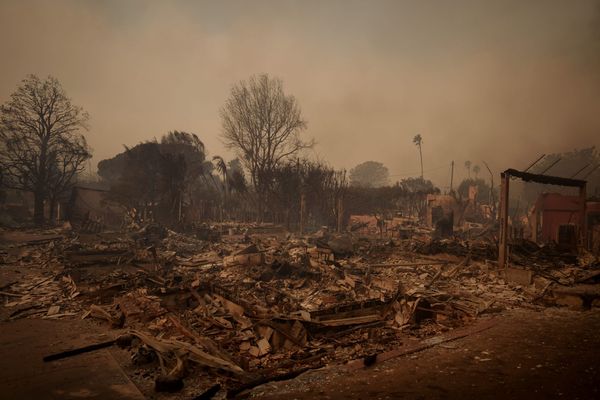
Montreal (AFP) - A group of gynmasts filed a claim Wednesday against Gymnastics Canada and the federation's provincial counterparts for having tolerated a climate of abuse and mistreatment for decades.
"This action arises from the physical, sexual, and psychological abuse of gymnasts in Canada while they were under the care and control of the provincial gymnastics organisation in their jurisdiction and Gymnastics Canada," says a copy of the legal filing obtained by AFP.
"Globally, the sport of gymnastics has come under scrutiny for its culture of cruelty," the plaintiffs' lawyers wrote, alleging that "a culture of control" and "abusive behaviour have led to the creation of an environment where abuse and mistreatment of athletes are commonplace."
The lawsuit was filed at the Supreme Court of British Columbia in the westernmost Canadian province where lead plaintiff and former gymnast Amelia Cline resides.
Having abandoned competition as a teenager, Cline said she is taking legal action to "hold these institutions accountable" for abuses in the sport.
In an interview with AFP, Cline described "lingering long term effects...from that mistreatment," including chronic physical and psychological pains.
The lawsuit names the national gymnastics federation as well as the federations of six of Canada's 10 provinces: British Columbia, Alberta, Saskatchewan, Manitoba, Ontario and Quebec.
The suit comes just over a month after a group of more than 70 gymnasts, many of whom are no longer in the sport, published an open letter to denounce a "toxic culture and abusive practices that persist within Canadian gymnastics."
The letter, which has now garnered more than 400 signatures, calls on the federal government to order an independent investigation after the Gymnasts For Change campaign group said they have "gotten nowhere" pushing Gymnastics Canada to conduct an internal probe and address their concerns.
"All disciplines, rhythmic, acro, artistic gymnastics, tumbling and trampoline, they all are, to some extent, impacted by this culture...and dominance that coaches have evolved over the decades," the group's spokeswoman Kim Shore said.
"The system of accountability has to change," she added.







